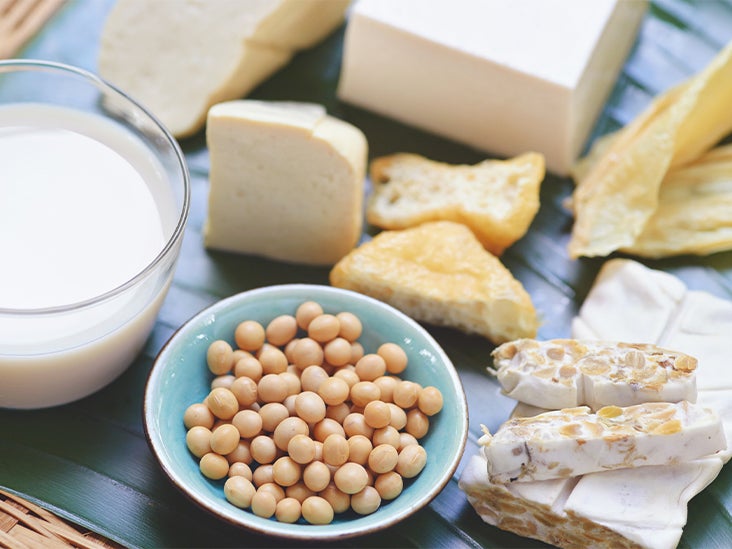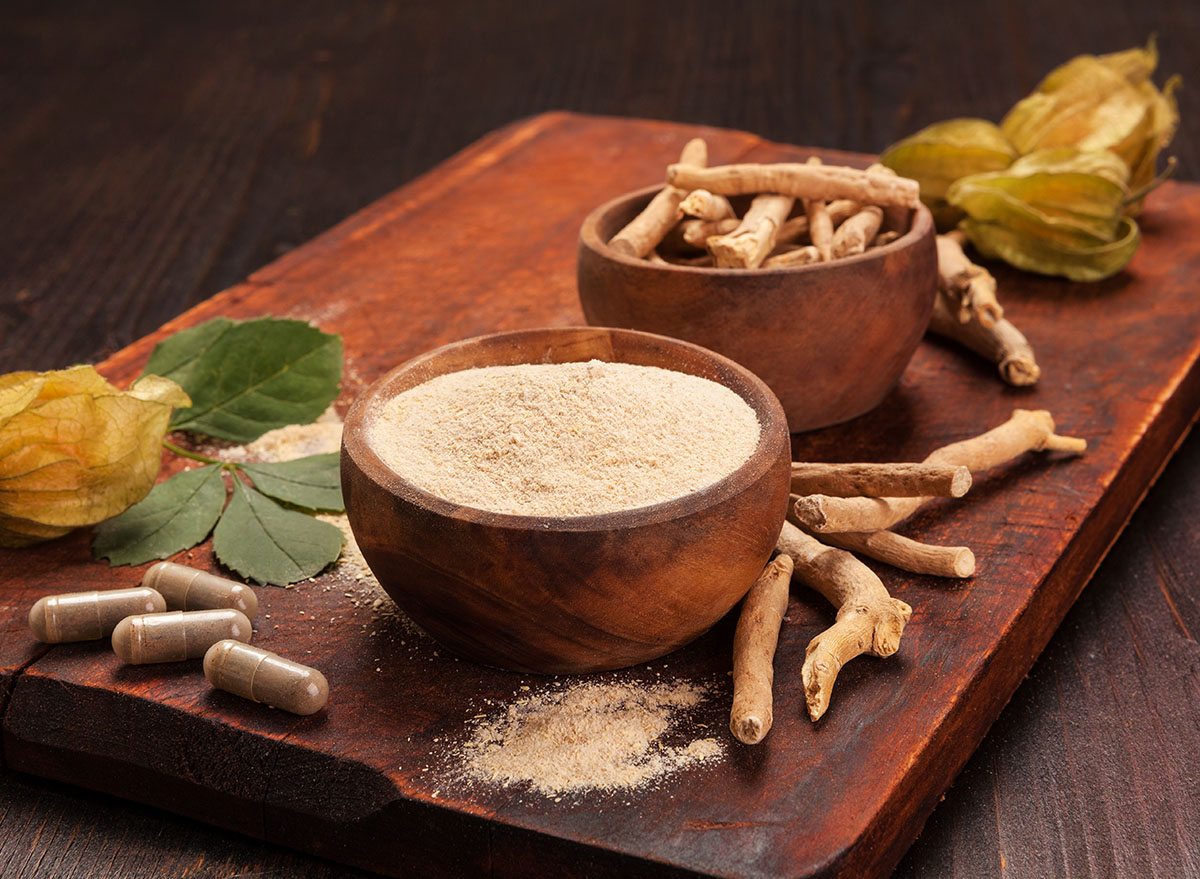By Hrefna Palsdottir, MS — Medically reviewed by Maya Feller, MS, RD, CDN, Nutrition — Updated on January 6, 2022
Probiotics are live microorganisms that have health benefits when consumed (1).
Probiotics, which are usually called beneficial bacteria, provide all sorts of powerful benefits for your body and brain. They may (2, 3, 4):
- improve digestive health
- reduce depression
- promote heart health
Some evidence suggests they may even give you better-looking skin (5).
Consuming probiotics in supplement form is one popular way to get them, but you can also get them from fermented foods.
Here is a list of 11 probiotic foods that are super healthy.
1. Yogurt
Yogurt is one of the best sources of probiotics, the friendly bacteria that can improve your health.
Yogurt is made from milk that has been fermented by probiotics, mainly lactic acid bacteria and bifidobacteria (6).
Eating yogurt is associated with many health benefits, including improved bone health. It is also beneficial for people with high blood pressure (7, 8).
In children, yogurt may help reduce diarrhea caused by antibiotics. It can even help relieve the symptoms of irritable bowel syndrome (9, 10, 11).
Additionally, yogurt may be suitable for people with lactose intolerance. This is because the bacteria turn some of the lactose into lactic acid, which is also what gives yogurt its sour taste.
However, keep in mind that not all yogurt contains live probiotics. In some cases, the live bacteria have been killed during processing.
For this reason, make sure to choose yogurt with active or live cultures.
Also, always read the label on yogurt before you buy it. Even if it is labeled low fat or fat-free, it may still be loaded with high amounts of added sugar.
2. Kefir
Kefir is a fermented probiotic milk drink. It is made by adding kefir grains to cow’s or goat’s milk.
Kefir grains are not cereal grains, but rather cultures of lactic acid bacteria and yeast that look a bit like cauliflower.
The word “kefir” is thought to come from the Turkish word “keyif,” which means feeling good after eating (12).
Indeed, kefir has been linked to various health benefits.
It may improve bone health, help with some digestive problems, and protect against infections (2, 13, 14).
While yogurt is probably the best-known probiotic food in the Western diet, kefir is actually a better source of good bacteria. Kefir contains several major strains of friendly bacteria and yeast, making it a diverse and potent probiotic (15).
Like yogurt, kefir is generally well tolerated by people who are lactose intolerant (16).
3. Sauerkraut
Sauerkraut is finely shredded cabbage that has been fermented by lactic acid bacteria. It is one of the oldest traditional foods and is popular in many countries, especially in Eastern Europe.
Sauerkraut is often used on top of sausages or as a side dish. It has a sour, salty taste and can be stored for months in an airtight container.
In addition to its probiotic qualities, sauerkraut is rich in fiber as well as vitamins C and K. It is also high in sodium and contains iron and potassium (17).
Sauerkraut also contains the antioxidants lutein and zeaxanthin, which are important for eye health (18).
Make sure to choose unpasteurized sauerkraut. Pasteurization kills the live and active bacteria. You can find raw types of sauerkraut online.











